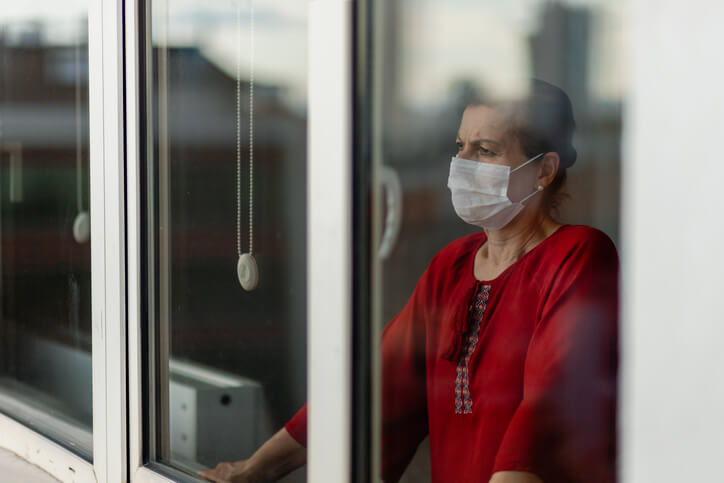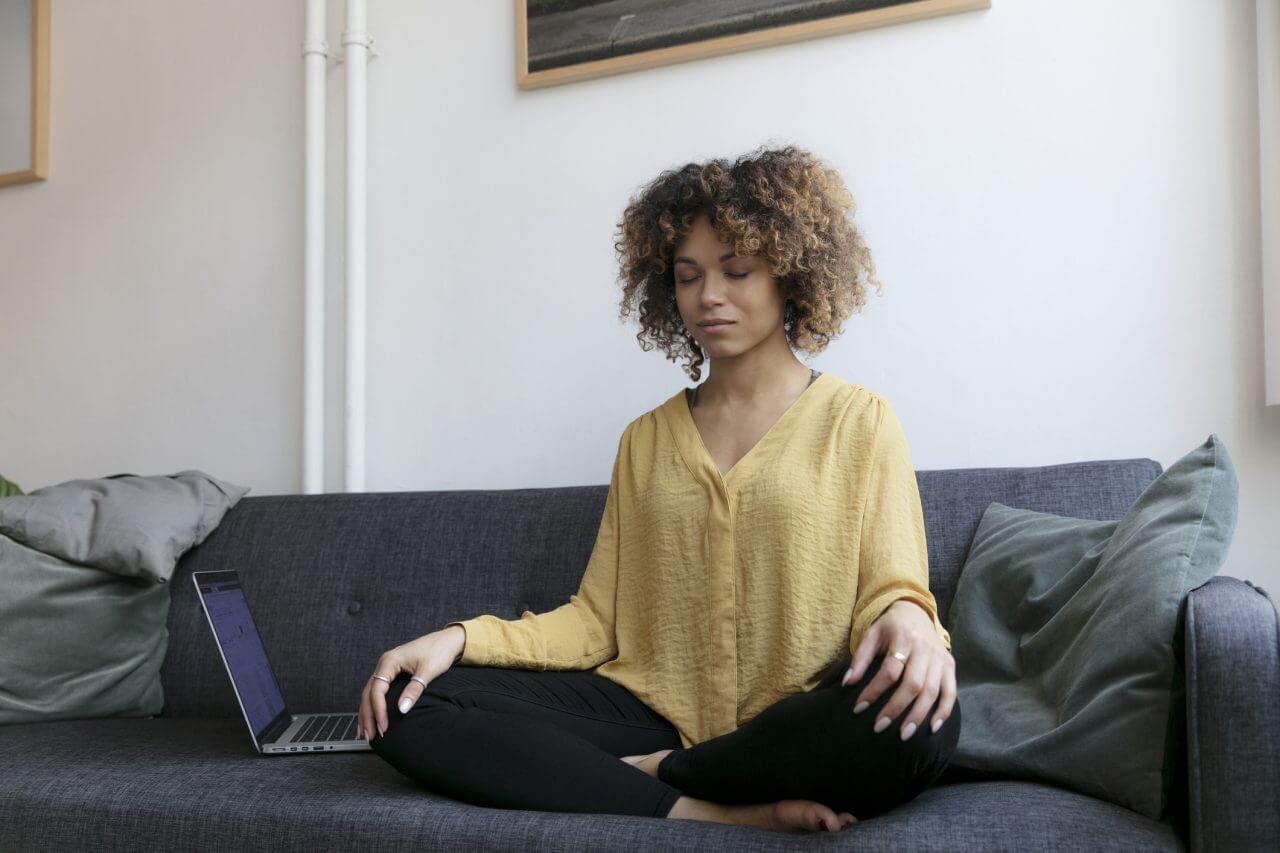Dealing with Social Anxiety Post-Pandemic

Slowly but surely, America is making progress in its fight against COVID-19. Moving toward our pre-pandemic normal is a cause for celebration, but the change is also intensifying social anxiety in some people.
This isn’t simple discomfort with, or dislike of, social interactions. It’s a chronic medical condition that causes people who have it to experience an unhealthy level of irrational anxiety about social situations.
For all the negative effects of the pandemic, 2020 was a year in which people with social anxiety got some relief. However, as restrictions are lifted and group events get scheduled, many people will find that the respite they experienced has left them even more uncomfortable in social settings.
Taking Steps to Reacclimate to Social Interactions
If you suffer from social anxiety, what can you do to adapt as you start attending more functions? Below are some actions you can take to ease the transition back to a fuller social calendar.
8 Tips To Ease the Transition Into a Fuller Social Calendar:
- Make a list of the activities you’ll be resuming and rank them from the easiest to the most difficult for you. If possible, start by tackling the easiest ones first. Often, the fact that there are unknowns out there that you’re trying not to think about is more stressful than identifying and preparing to deal with them.
- As you complete the items on your list, check them off and congratulate yourself. Those accomplishments are something to be proud of and stepping stones to your next success.
- Remind yourself that there are many other people in the world with social anxiety and others who don’t have the condition but are nevertheless uncomfortable with resuming “normal” activities. In other words: You’re not alone.
- Talk with a trusted friend or family member about how you’re feeling. Expressing concerns sometimes helps take some of the energy out of them.
- Don’t feel compelled to return to life exactly as it was before the pandemic. One of the benefits of the stay-at-home orders was that they gave people time and space to reassess what’s important to them. If there are pre-pandemic activities that you’ve determined aren’t necessary for you and not important to you, permit yourself to cross them off your social calendar. This is the perfect time to establish a new balance between your social and private lives, and one that’s healthier for you.
- Be prepared for ups and downs. You may find that after a long time of few in-person interactions, it’s great to see family and friends. But that feeling may later give way to your social anxiety. It’s likely to be a bumpy ride, but being prepared for that fact can help you keep things in perspective.
- Take care of your body. Getting enough sleep, eating a healthy diet, and exercising regularly are essential to comprehensive wellness, and can give you greater clarity about the challenges ahead and the energy to address them successfully.
- Don’t hesitate to contact your doctor or counselor about what you’re experiencing. It may be that treatment like counseling and/or medication, in conjunction with the actions above, is the best way for you to make this transition.
It may also be helpful to reach out to others you know who have social anxiety. Not only can talking with them help alleviate some of your concerns and theirs, knowing that you’ve helped a “kindred spirit” address their condition is a good feeling, as well.
Learn About Behavioral Health Services at Baptist Health
Mental health and emotional health are just as important to overall wellbeing as physical health. They’re also treatable. If you’d like to talk with someone about your social anxiety, find a Baptist Health provider today.
Next Steps and Useful Resources:
Did You Gain Weight During the Quarantine? Here’s How to Lose It.
What Are COVID-19 Long-Haulers?
How to Manage Social Anxiety
Does Caffeine Cause Anxiety?



